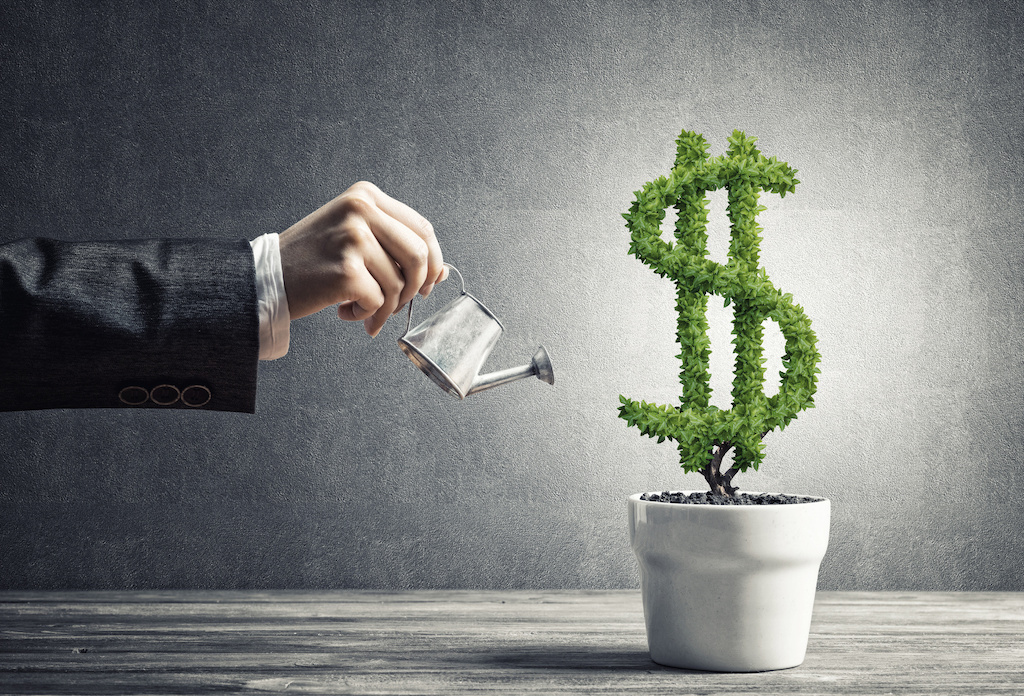It’s easy for us to believe you can be sure that your next buy, increment, or the next major achievement will bring long-lasting satisfaction. But when we have achieved one goal, another one comes up to replace it. This endless cycle of accumulation is what keeps us seeking additional goals, even if we already have plenty. It’s evident everywhere, from stuffed closets to the increasing financial obligations.
For those who aren’t those who are under pressure to stay on top will eventually lead to an increase in debt. That’s the time that options such as debt consolidation in California seem appealing to manage everything. To avoid this trap, it’s not about cutting off the growth or comfort of life, but rather about recognizing the moment when there’s enough.
Table of Contents
The Delusion of Advancement Through Things
Accumulation is often disguised as progress. A bigger house is the sign of a successful life, even if it’s with a higher cost for mortgages, which makes your budget more expensive. The annual upgrade of your smartphone seems like keeping up with technological advancements, even though your old phone works perfectly. These changes can give an illusion that life is getting better, but in reality, they usually increase stress, rather than alleviate it. The true measure of progress isn’t determined by the size of your possessions, but rather by the peace and security you achieve by making conscious decisions.
Turning Attention to Satisfaction
One of the most potent solutions to the never-ending accumulation is to be content. This doesn’t mean reneging on your goals, but it means recognizing the things you have now before pursuing more. When you stop to consider the value of your current way of life, you’ll recognize that less isn’t always more beneficial. The practice of gratitude can shift your focus from lack to abundance by reminding you that happiness isn’t a constant process of improvement, but rather from embracing living in the moment.
The Script Is Rewritten by Intentionality
Avoiding accumulation doesn’t mean avoiding new purchases completely. However, it’s about making purchases deliberately. Think about whether this purchase is in line with my beliefs. Is it a long-term investment, or is it an instant fix to anxiety or boredom? The choices you make are intentional and replace the automatic ones by evaluating them carefully. For instance, instead of hurrying to purchase the most recent gadget, you could opt to invest in experience and relationships or even techniques that can actually enhance your life.
The Importance of Unstated Expenses
Each new item has additional costs that are beyond the price tag. A larger home will require maintenance, a brand new automobile means higher insurance costs, and an increased wardrobe requires space for storage. These hidden costs are often without being noticed until they build up, which causes stress that exceeds the pleasure of owning a home. When you are aware of these costs and make smarter choices that balance enjoyment and the environment. Sometimes the decision to say”no” to “more” is what helps keep your life simpler and less cluttered.
Getting Rid of Comparison
A lot of the accumulation we make is influenced by comparison. When we see other people upgrading their homes, constantly traveling, or posing in the latest fashions, it’s easy to be sucked into feeling left out. Social media amplifies the stress by showing highlight reels of people’s lives. However, comparison isn’t a one-time game, and you’ll always be able to find someone else who is more. To break free, you must shift the focus away from external benchmarks to goals within. If you evaluate progress based on your own standards rather than using the standards of others, the desire to accumulate loses its sway.
Long-Term Fulfillment’s Function
Accumulation can be a great source of pleasure for the short-term; however, it seldom provides long-term satisfaction. Long-term satisfaction is usually derived from financial stability, lasting friendships, and development. Deciding to invest, save, or repay debt might not give the same immediate excitement as purchasing a new item; however, these choices can bring peace of mind that lasts for a long time. If your decisions are influenced by long-term satisfaction, the endless cycle of accumulation fades to be replaced by a more fervent conviction.
How to Avoid the Trap in Realistic Steps
Avoiding accumulation doesn’t require drastic changes overnight. Start small by practicing gratitude daily. Set specific financial goals and make a budget that prioritizes the experience over possessions. De-clutter your space often and resist the temptation to buy new items for every one that you don’t want. Develop habits of waiting for 24 hours before making any unnecessary purchases. This will reduce the automatic accumulation and make room for deliberate living.
Final Thoughts
The lure of never-ending accumulation can be tempting since it promises satisfaction with just one purchase. However, chasing after more often makes us feel less satisfied, and not better. If you focus on contentment, determination, and a long-term sense of satisfaction, you will be able to break out of the cycle and live an existence that is rich without being burdened. The real freedom is not derived from the things you buy but rather from the way you decide to live by what you already have.

